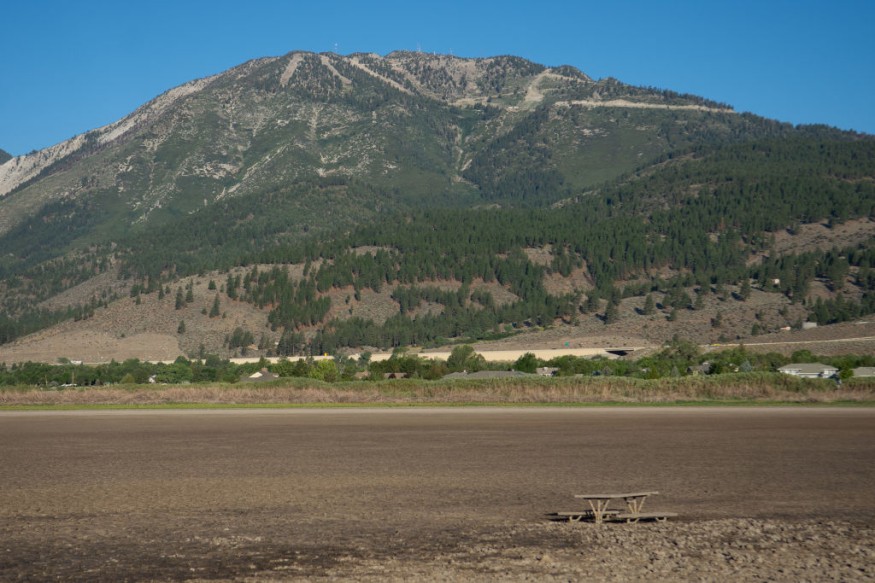Nature-based solutions such as preventing alien tree infestation on mountains have been proven to be a viable alternative in reducing the impact of climate change on drought, particularly concerning low river flows, according to a new study.
Researchers from South Africa conducted the study to improve measures against climate change. The study can also be considered as a response to the "Day Zero" drought incident in Cape Town back in 2018, wherein dams and local reservoirs became depleted, causing a local water crisis.
In light of the new study, the researchers have placed possible methods in using nature-based solutions of catchment restoration and alien tree infestation management the spread of alien trees from Cape Mountain.
Solutions Against Drought

In a new study published in the journal Communications Earth & Environment on Wednesday, March 9, researchers put emphasis on nature-based solutions like catchment restoration by preventing alien tree infestation in mountains that can help mitigate the effects of climate change on drought.
The study was spearheaded by Dr. Petra Holden, a researcher from the African Climate and Development Initiative at the University of Cape Town in Cape Town, South Africa.
In addition, Holden was accompanied by other researchers at the same university and another from the Department of Conservation Ecology and Entomology at Stellenbosch University in Stellenbosch, South Africa.
The team conducted the method of "invasive alien tree clearing" and concluded that it has reduced the anthropogenic climate change impact on river flow or streamflow. The researchers acknowledged that this type of nature-based solution has rarely been done in the past.
According to the American Association for the Advancement of Science - EurekAlert, the research focused on the invasive alien trees since it has become a major problem in the country.
The study acknowledged this is because invasive alien trees consist of increased transpiration rate compared to the local trees and native vegetation in Cape Mountain.
Day Zero
In light of the significant findings, the study hoped that the method should have been used during the "Day Zero" drought in Cape Town, a phenomenon wherein approximately 4 million people were left without water due to an unprecedented and severe drought, according to the BBC.
On April 12, 2018, local authorities labeled the drought as "Day Zero" since it depleted all the waters of the local reservoirs and caused a series of water crises affecting many residents in the region, according to Bloomberg.
Also called the "Day Zero water crisis," the drought was followed by anemic rainfall until 2021. The phenomenon is considered to be the largest case of drought caused by infrastructural municipal water failure in the modern period, as per Bloomberg.
Drought and Climate Change
The correlation between climate change and drought has been subject to ecological and environmental studies over the past decades. Climate change has been attributed to increasing the intensity and frequency of drought, especially during the start of the Industrial Revolution.
According to the Center for Climate and Energy Solutions, climate change aggravates the duration, heating effect, and occurrence of droughts in Southwest US and across the world.
Following the South Africa study, the methods of catchment restoration and invasive alien tree clearing hopefully may be proven to be relevant in the long-term future against climate change-induced drought on both natural and artificial water resources.
Related Article: Drought in Western US Could Last Until 2030 Due to Climate Change
© 2025 NatureWorldNews.com All rights reserved. Do not reproduce without permission.





